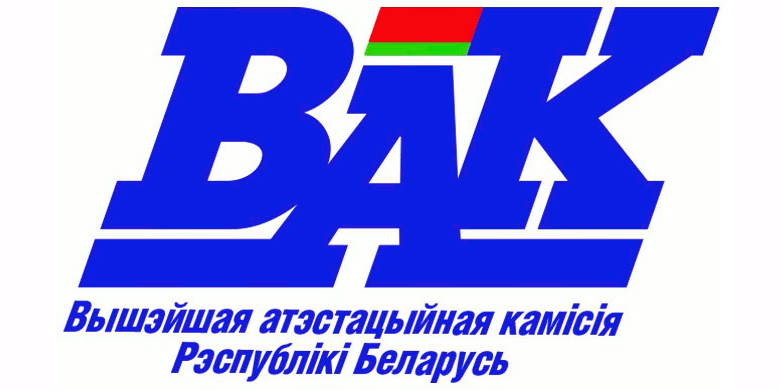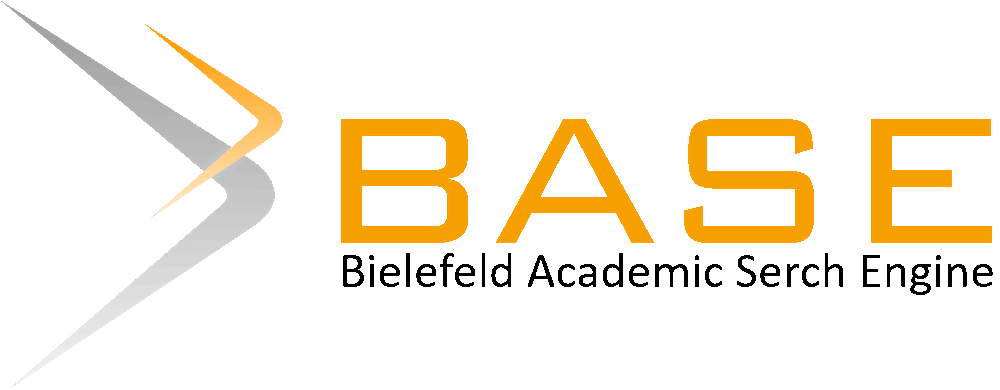Жилищно–коммунальное хозяйство: особенности регулирования и направления его совершенствования
Аннотация
В статье говорится о возрастающей роли естественных монополий в национальной экономике; рассмотрено влияние индексации тарифов на инфляцию; изучение ценовых методов регулирования деятельности естественных монополий в белорусской экономике и за рубежом показывает, что государственные органы пересматривают основные подходы к ценовому регулированию естественных монополий и постепенно внедряют новые инструменты государственной политики в отношении рассматриваемых субъектов рынка. Ключевые слова: естественная монополия, тарифная политика, субсидии, индексация тарифов. = The article says the increasing role of natural monopolies in the national economy; consider the influence indexation for inflation; study of methods of price regulation of natural monopolies in the Belarusian economy and abroad shows that the authorities are reviewing the main approaches to price regulation of natural monopolies and slowly introduce new instruments of state policy regarding consideration of market participants. Key words: natural monopoly, tariff policy, subsidies, tariff indexation.Библиографические ссылки
Герасименко, В.В. Принципы тарифной политики и задачи стимулирования экономического роста / В.В. Герасименко // Вестник Балтийского федерального университета им. И. Канта. – 2014. – Вып. 3. – С. 11–17.
Закон Республики Беларусь от 16 декабря 2002 г. № 162–З «О естественных монополиях» // Национальный правовой Интернет–портал Республики Беларусь. – 2014. – № 2/2187.
Матин, А.А. Применение неценовых методов регулирования естественных монополий в российской экономике / А.А. Матин // Российский экономический интернет–журнал. – 2006. – № 4.
Мингалимова, А.В. Специфика конкуренции на естественно–монопольном рынке / А.В. Мингалимова // Проблемы экономики. – 2005. – №4 (5).
Национальный статистический комитет Республики Беларусь [Электронный ресурс]. – Режим доступа: http://belstat.gov.by/. – Дата доступа: 01.04.2015.
Обухова, Е. Решение проблемы ЖКХ в пересмотре всей экономики начиная с тарифов / Е. Обухова, Е. Огородников // Эксперт. – 2013. – № 23 (854).
Сакович, Т.В. Тарифная политика в жилищном хозяйстве Республики Беларусь: социально–экономический аспект / Т.В. Сакович // Труды Минского института управления. Серия: Бухгалтерский учет и аудит. – 2008. – № 2. – С. 120.
Сачѐк, А.Н. Государственно–частное партнерство в жилищно–коммунальном хозяйстве: зарубежный опыт в интересах Беларуси / А.Н. Сачѐк // Вестник ГрГУ им. Я. Купалы. Серия 5. Эканомiка (Макраэканамiчнае рэгуляванне). – 2011. – №2 (120). – С. 46–48.
Статистический ежегодник Республика Беларусь 2014 / Национальный статистический комитет Республики Беларусь; редкол. В.И. Зиновский [и др.]. – Минск: Нац. статист. комитет Респ. Беларусь, 2014. – 534 с.
Указ Президента Республики Беларусь от 25 февраля 2011г. № 72 «О некоторых вопросах регулирования цен (тарифов) в Республике Беларусь» // Национальный правовой Интернет–портал Республики Беларусь. – 2014. – № 1/15449.
Загрузки
Как цитировать
Выпуск
Раздел
Лицензия
Автор предоставляет Редакции журнала на весь срок действия исключительных прав на Произведение следующие права:
1. право на воспроизведение Произведения (опубликование, обнародование, дублирование, тиражирование или иное размножение Произведения) без ограничения тиража экземпляров. При этом каждый экземпляр Произведения должен содержать имя автора Произведения;
2. право на распространение Произведения любым способом;
3. право на включение в составное произведение;
4. право на доведение до всеобщего сведения;
5. на использование метаданных (название, имя автора (правообладателя), аннотации, библиографические материалы и пр.) Произведений путем распространения и доведения до всеобщего сведения, обработки и систематизации, а также включения в различные базы данных и информационные системы.
6. право переуступить на договорных условиях частично или полностью полученные по настоящему договору права третьим лицам без выплаты Автору вознаграждения.
Автор передает права Редакция журналау по настоящему Договору на основе неисключительной лицензии.
Редакция журнала обязуется соблюдать предусмотренные действующим законодательством авторские права, права Автора, а также осуществлять их защиту и принимать все возможные меры для предупреждения нарушения авторских прав третьими лицами.
Территория, на которой допускается использование прав на Произведения, не ограничена.
Автор также предоставляет Редакция журналау право хранения и обработки следующих своих персональных данных без ограничения по сроку:
• фамилия, имя, отчество;
• дата рождения;
• сведения об образовании;
• сведения о месте работы и занимаемой должности;
• сведения о наличии опубликованных произведений литературы, науки и искусства.
Персональные данные предоставляются для их хранения и обработки в различных базах данных и информационных системах, включения их в аналитические и статистические отчетности, создания обоснованных взаимосвязей объектов произведений науки, литературы и искусства с персональными данными и т.п.
Редакция журнала имеет право передать указанные данные для обработки и хранения третьим лицам при условии уведомления о таком факте с предоставлением сведений о третьем лице (наименование и адрес) Автору.
Отзыв согласия на хранение и обработку персональных данных производится Автором путем направления соответствующего письменного уведомления Редакции журнала.
Автор и Редакция журнала несут в соответствии с действующим законодательством Республики Беларусь имущественную и иную юридическую ответственность за неисполнение или ненадлежащее исполнение своих обязательств.
Сторона, ненадлежащим образом исполнившая или не исполнившая свои обязанности, обязана возместить убытки, причиненные другой Стороне, включая упущенную выгоду.
Все споры и разногласия Сторон, вытекающие из условий настоящего Договора, подлежат урегулированию путем переговоров, а в случае их безрезультатности, указанные споры подлежат разрешению в суде в соответствии с действующим законодательством Республики Беларусь.
Расторжение настоящего соглашения возможно в любое время по обоюдному согласию Сторон, с обязательным подписанием Сторонами соответствующего соглашения об этом.
Расторжение настоящего соглашения в одностороннем порядке возможно в случаях, предусмотренных действующим законодательством, либо по решению суда.
Во всем, что не предусмотрено настоящим соглашением, Стороны руководствуются нормами действующего законодательства Республики Беларусь.















.gif)
